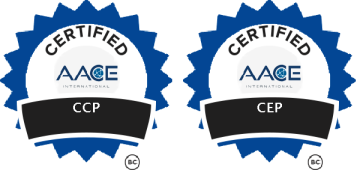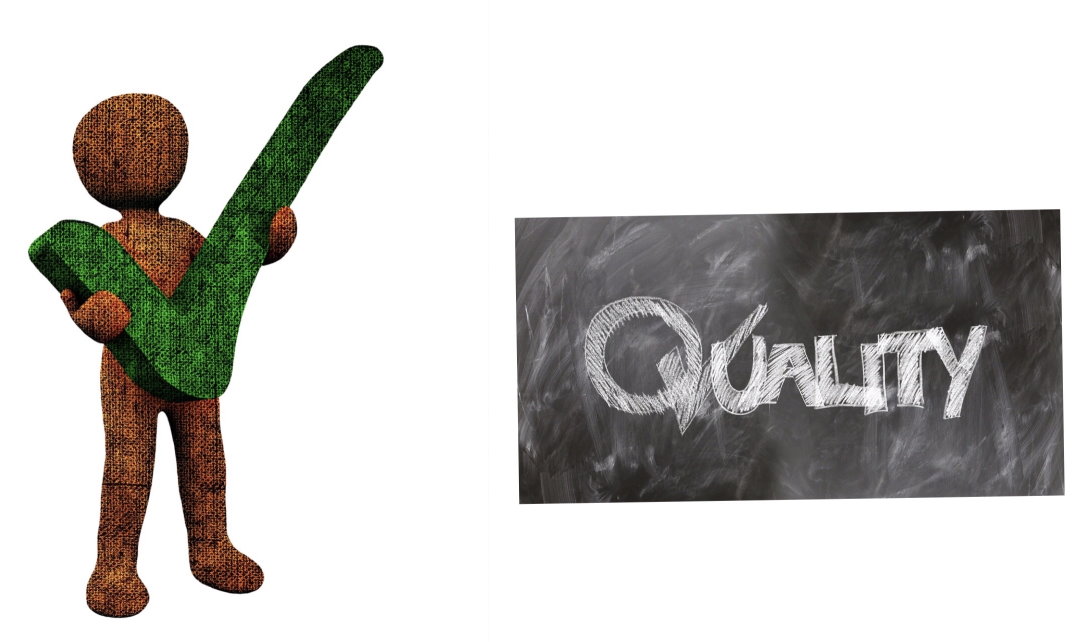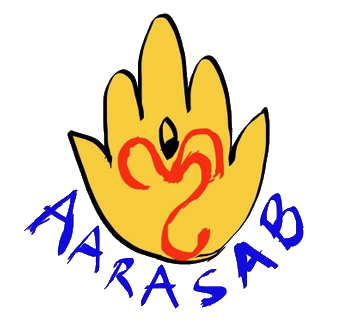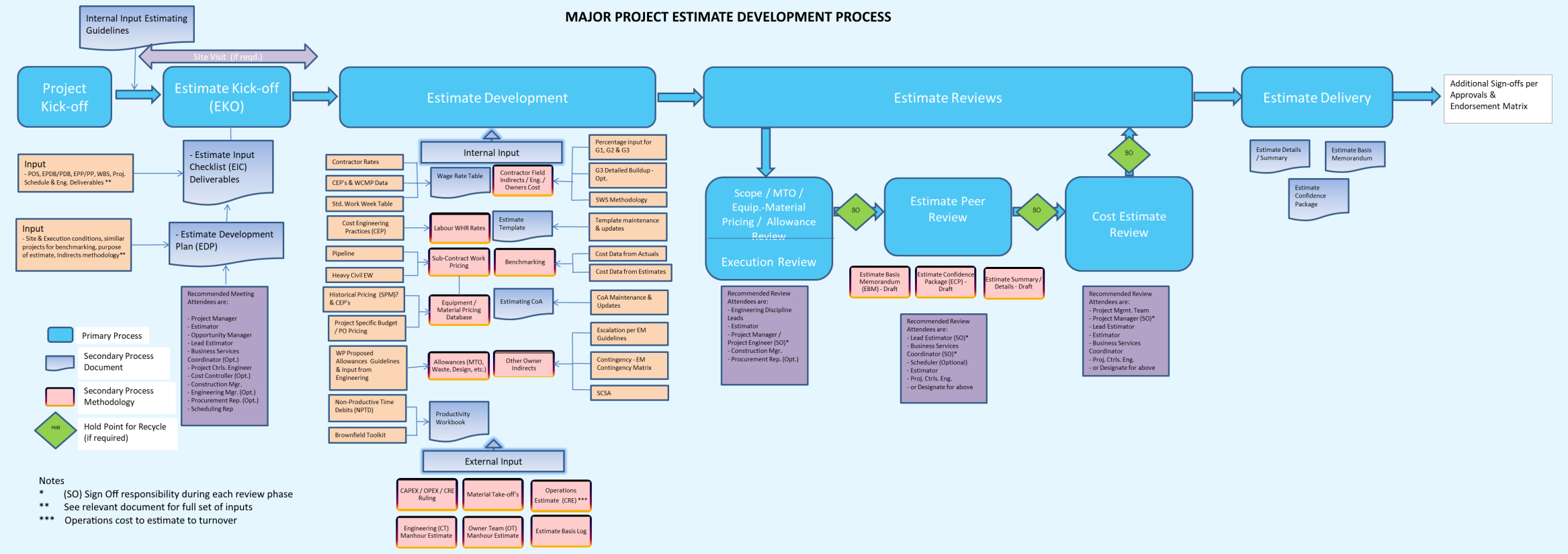Project Cost Estimating

Estimation
Aarasab NL provides all classes of estimating services for all its clients. We follow the AACEI methods and recommended practices in all our estimates.
The following table (ie. an excerpt from AACEI RP 18R-97, Table 1) provides an overview of the various estimate classes that we provide support on as well as guidance on the level of effort required for each type.



For instance, the owner-operator would want to know what their total cost exposure on the project is and when is it that they would see Returns on their Investment (ROI). The EPC would like to know what a realistic cost value for their scope in the project is. The contractor would like to know in detail their scope / cost value so they can successfully bid for the project with the lowest cost and lowest risk exposure.
Aarasab NL is sometimes brought in at project inception and stays right through to project execution as an external cost consultant and that has proved to be a significant advantage as there is one point of contact/responsibility for all cost related matters throughout the project development and execution phases for continuity.
On certain mega projects, Aarasab NL has also been brought in by the client to evaluate certain sub scopes that have high-cost impacts and low-cost confidence. In this situation Aarasab NL would use its extensive experience to highlight those areas that have gaps to strengthen the overall cost estimate for the owner.

Independent Check Estimate
This is a service that is provided by Aarasab NL to end-users (ie. owner-operators, financial investors, or joint venture partners) who are currently in the FEED process and require a second source of information for verification and estimate validation. A common approach is that Aarasab NL is hired to perform an independent AACEI Class 3 or Class 2 estimate (with a +/- 20% or +/- 10% respectively) estimate in order for the client to receive additional confidence that their estimate development is heading on the right track. The need for a check estimate as well as the strategy to obtain it should be identified by the client at the estimating kick-off meeting.
It is common to have the independent check estimate to be completed in advance of the owner receiving the final FEED package estimate from the contractor. That way, a non-biased review can be conducted with the owner, providing an independent perspective. A comparative analysis can also be done to perform a gap analysis between the 2 estimate sources.
To assist in estimate development planning, Aarasab NL also provides cost consultant services in line with AACEI best practices. In deciding whether to proceed with the requirement of the independent check estimate or using other applicable internal resources, the following questions should be considered :
- Do we have actual cost data from similar projects?
- Do we have experience with this type of work?
- Is something about this work unique or different that could cause us to question the accuracy of our estimate methodology?
- Are the quantities of sufficient amount that if the material pricing changes the estimated TIC would vary greatly?
- Are the volumes of certain material types (such as civil, piping, electrical) so significant that a check estimate is required to confirm the direct field hours?

Estimate Validation
This is a service provided by Aarasab NL for all stages of estimates whereby our estimators review sections of the completed estimate by the EPC contractor or the owner’s in-house estimator through a series of benchmarks and comparisons for major account items. (A complete review would fall under the Independent Check Estimate Section).
These sections of the estimate will be compared against similar project types or capacities for a comparative gap analysis to identify areas of the estimate that may be out of range according to Aarasab NL’s database of ratios and metrics built up on recently completed projects. A report will then be produced with findings, conclusions, and recommendations.

